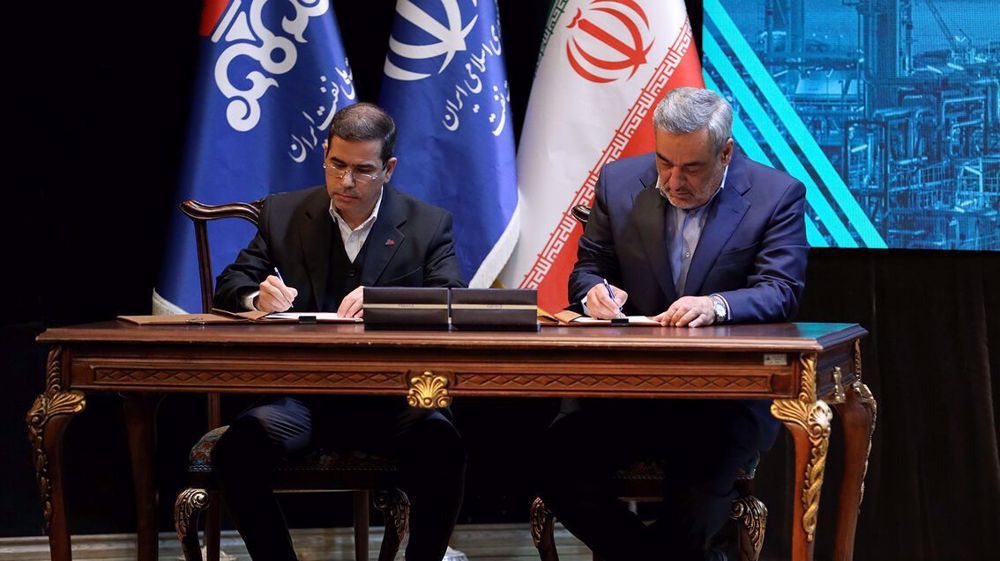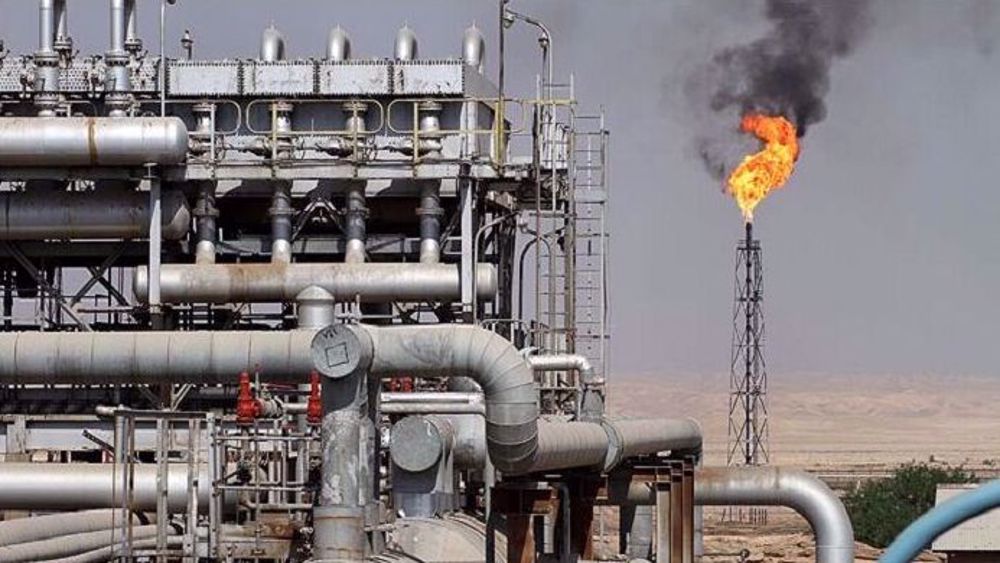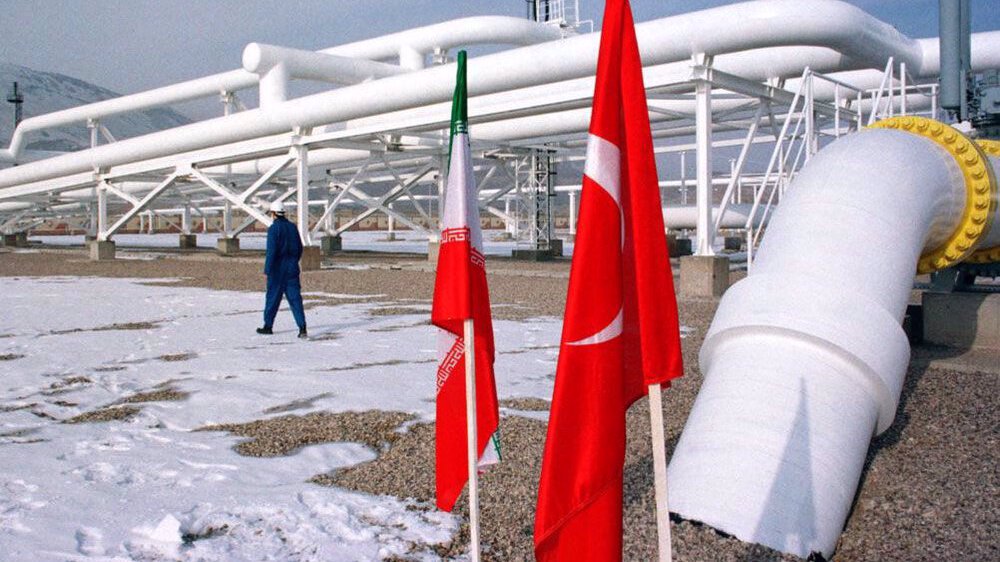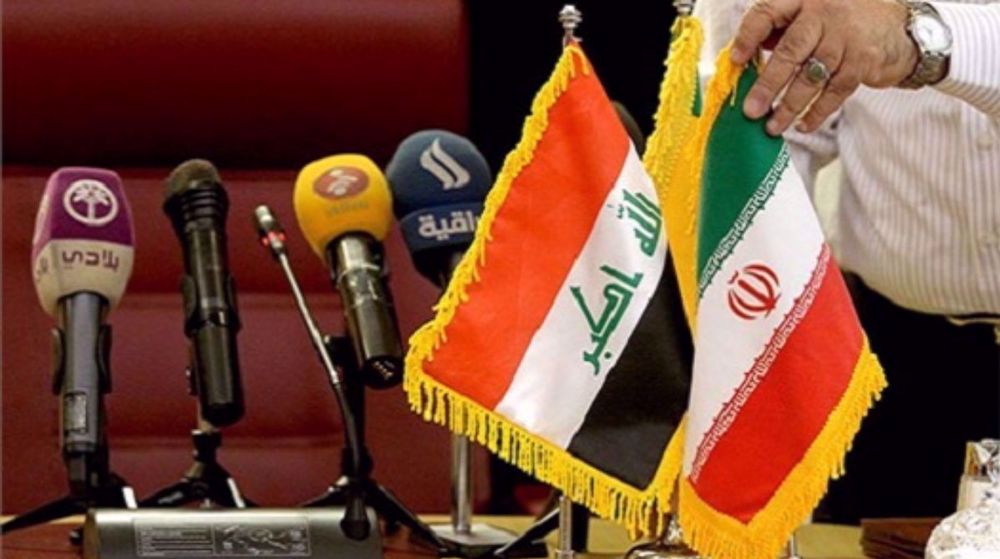Iran to benefit from gas-for-oil barter deal with Iraq: Businessman
A senior Iranian businessman says a recent deal between Iran and Iraq to swap Iranian gas and electricity for Iraqi crude oil and mazut will benefit Iran and will remove hurdles created by the United States in energy trade between the two neighboring countries.
“With this agreement with Iraq for barter of oil for gas, the US ability to stonewall (payments) will be restricted and given Iraq’s situation, the deal can benefit Iran,” said Hamid Hosseini, who serves as board manager at Iranian Oil, Gas and Petrochemical Products Exporters Union (OPEX), on Saturday.
Hosseini said that Iran will be able to receive some 30,000 barrels per day (bpd) of heavy grade crude oil and another 70,000 bpd of mazut from Iraq to compensate for a part of its supply of natural gas and electricity to Iraq which he said is believed to be between $10 million and $15 million per day.
Facing a lower supply of natural gas from Iran to its power plants, Iraq was grappling with extensive power cuts during the scorching heat of early July.
The Arab country finally decided to agree to a long-running proposal from Iran to pay for the country’s natural gas and electricity in crude oil.
The agreement came after repeated US attempts to stonewall the payment of nearly $11 billion worth of funds to Iran that the Iraqi Ministry of Electricity had deposited into accounts in the Trade Bank of Iraq.
The agreement allowed Iran to restore its supply of natural gas to Iraqi power plants to levels agreed between the two countries under a gas export deal.
OPEX’s Hosseini said the barter agreement between Iran and Iraq has already angered the US as Washington has imposed sanctions on 14 Iraqi banks over their cooperation with Iran.
He said Iran will be able to gradually increase its imports of crude oil and mazut from Iraq under the barter deal to settle all of the arrears owed by Baghdad to Tehran.

Iran awards $17bn worth of contracts to boost pressure in South Pars

Iran’s largest oil producer reports increase in output

Iran confirms it has started transiting Turkmen gas to Turkey
Hamas reasserts demands, including full Israeli withdrawal from Gaza
Israel repeating Gaza scenario in occupied West Bank: UN rapporteur
VIDEO | Yemen’s ultimatum to Israel
Gaza children will die if Israel doesn’t allow medical supplies into Gaza: UNICEF
Israeli drone strike kills one, injures another in southern Lebanon
Iran has not received any letter from US: Araghchi
VIDEO | Israel fears Egypt
Pezeshkian: A united Iran will not give in to threats







 This makes it easy to access the Press TV website
This makes it easy to access the Press TV website